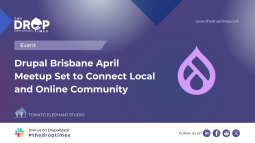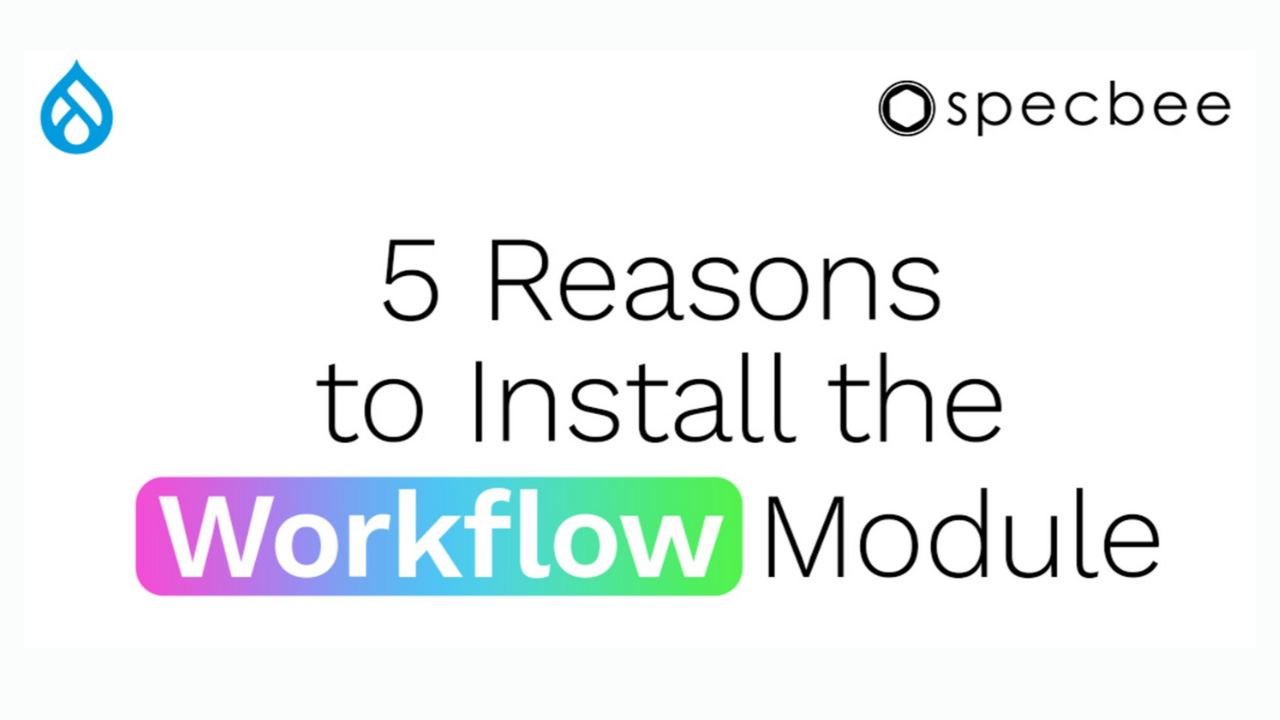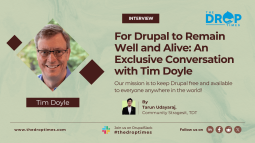Authentication and Access Control in Drupal: Blog Post
When creating secure and reliable websites, authentication and access control are crucial. It is essential to implement these methods effectively to ensure the necessary level of security for your Drupal web project. A new blog post by high quality web solutions discusses this topic. According to the blog post, there are various authentication options available in Drupal, including the User module for email and password login, social login via platforms like Facebook and Twitter, single sign-on (SSO) for accessing multiple sites, and two-factor authentication (2FA) for enhanced security.
Configuring user roles and permissions is another crucial step in securing your Drupal website. You can control access to content and functionality by assigning different roles with specific permissions. Roles like Administrator, Editor, Anonymous, and Moderator can be created to manage user privileges effectively, the article says.
Implementing role-based access control (RBAC) further enhances security by restricting access based on user roles. With modules such as Content Access, Menu per Role, Field Permissions, and Context, you can control access to nodes, menus, fields, and other features based on user roles.
Securing user registration and login is also important. Drupal offers options such as allowing/disallowing anonymous user registration, requiring administrator approval or email verification for new accounts, setting password strength, and implementing tools like reCaptcha or Honeypot to prevent spam registrations.
According to the article, by employing these authentication and access control measures in Drupal, you can create a secure website that protects your online assets and provides a reliable experience for users. Click here to read the blog post.
Disclaimer: The opinions expressed in this story do not necessarily represent that of TheDropTimes. We regularly share third-party blog posts that feature Drupal in good faith. TDT recommends Reader's discretion while consuming such content, as the veracity/authenticity of the story depends on the blogger and their motives.
Note: The vision of this web portal is to help promote news and stories around the Drupal community and promote and celebrate the people and organizations in the community. We strive to create and distribute our content based on these content policy. If you see any omission/variation on this please let us know in the comments below and we will try to address the issue as best we can.



















